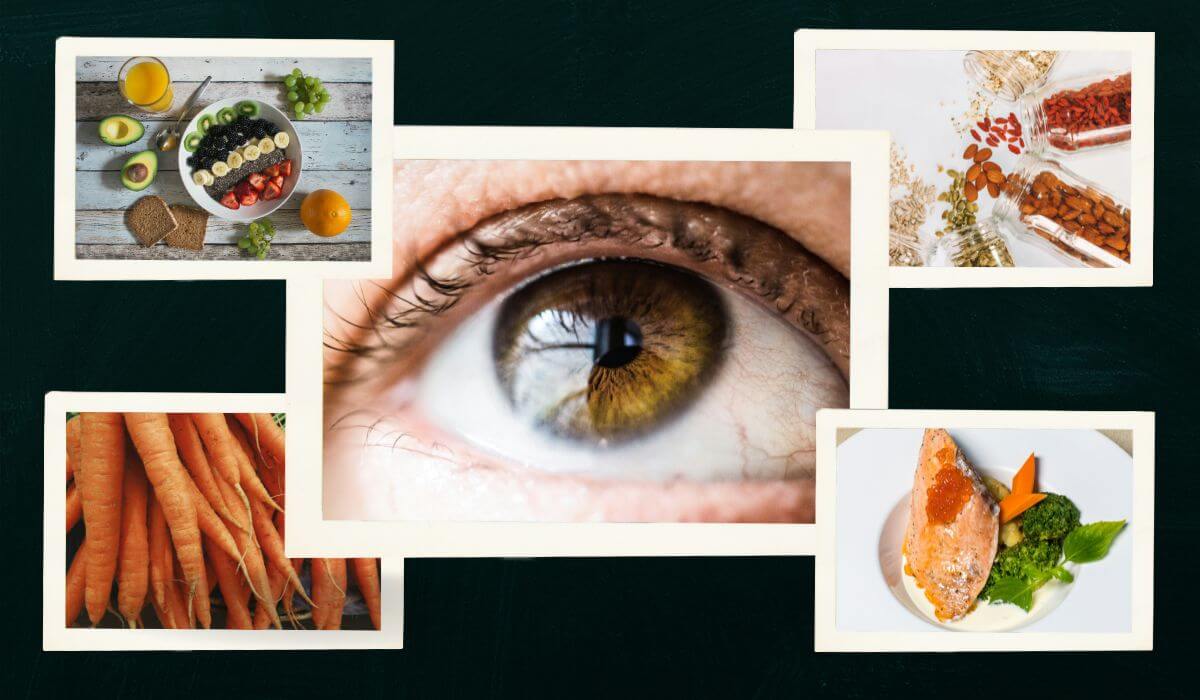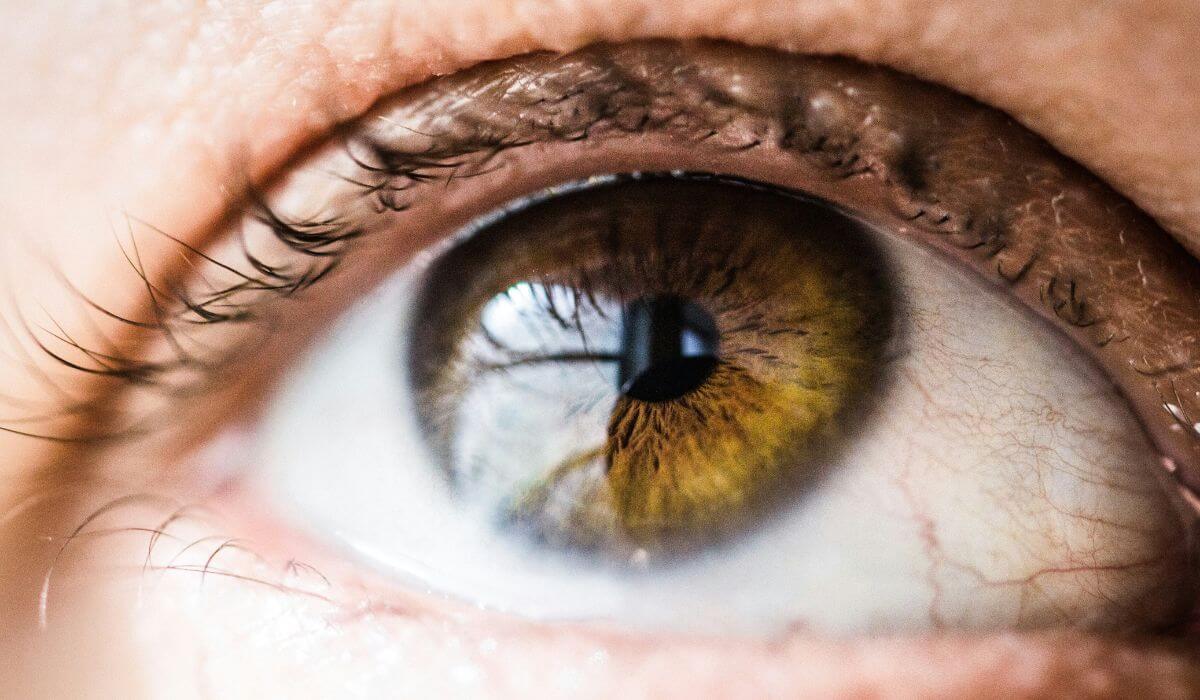
Natural Remedies for Dry Eyes: What Works and What Doesn’t
What Are The Best Natural Remedies For Dry Eyes And What Should You Avoid?
Dry eyes can be more than just a minor annoyance. For many, it’s a persistent condition that causes discomfort and impacts daily life. While there are plenty of options available to alleviate dry eye symptoms, knowing which remedies work best is key. From home remedies to advanced treatments, finding what brings you lasting relief requires understanding both the cause of your dry eyes and the most effective treatments.
In this article, we’ll discuss some of the most effective natural remedies for dry eyes, highlight what doesn’t work as well, and discuss when it may be time to seek professional care. If you’re struggling with dry eyes and want lasting relief, DeCarlo Optometry offers the latest dry eye treatments to address your symptoms and improve eye health.
What Causes Dry Eyes?
Dry eyes occur when your eyes don’t produce enough tears, or when your tears evaporate too quickly. Common causes include prolonged screen time, dry or windy environments, aging, and health conditions such as diabetes or autoimmune diseases. Medications such as antihistamines, antidepressants, and blood pressure treatments can also contribute to dry eyes.
Understanding the root cause of your dry eye symptoms is crucial in determining how to cure dry eyes permanently. While some cases can be managed effectively with home remedies, others may require advanced treatments. Let’s break down what you can do to relieve dry eyes naturally.


Simple Home Remedies For Dry Eyes
Managing dry eyes often starts at home. Natural remedies can provide significant relief without the need for immediate medical intervention. Whether you’re dealing with occasional irritation or persistent dryness, several home remedies can help alleviate symptoms by restoring moisture and improving tear quality.
Here are some simple home remedies for dry eyes that you can try:
1. Warm Compresses: Effective Relief
Applying a warm compress to your eyelids is one of the most recommended remedies for dry eyes. Heat stimulates the oil glands in the eyelids, helping to produce a stable tear film and prevent quick evaporation of tears. Studies suggest that many patients experience significant symptom relief after using warm compresses for 10 minutes twice a day.
2. Omega-3 Fatty Acids: Dietary Support for Tear Production
Omega-3 fatty acids, found in foods like salmon, flaxseeds, and walnuts, help reduce inflammation in the eyes. A study in the National Institute of Health found that omega-3 supplements improve tear quality and reduce tear evaporation. Consider adding more omega-3-rich foods or supplements to your diet to naturally support tear production.
3. Proper Hydration: Vital for Eye Health
Staying hydrated plays an important role in overall health, including eye moisture. Dehydration can reduce tear production, worsening dry eye symptoms. Drinking 8–10 glasses of water a day helps maintain eye hydration, which is a natural method for those searching how to hydrate eyes without eye drops.
4. Blinking Exercises: Reducing Digital Eye Strain
Prolonged screen time is a major contributor to dry eyes today. Blinking exercises can restore the natural tear film and spread moisture across your eyes. Try blinking every 4 seconds while working on a computer or phone to alleviate symptoms and reduce eye strain.
5. Humidifiers: Combatting Environmental Dryness
A humidifier can increase moisture in the air, reducing dry eye symptoms caused by dry environments. Maintaining an indoor humidity level of 30-50% is particularly beneficial during winter or when air conditioning is frequently used.
What Doesn’t Work Well For Dry Eyes
While many remedies offer relief, some approaches may not be as effective and can even worsen symptoms.
Overuse of Eye Drops
Frequent use of over-the-counter eye drops, especially those with preservatives, can worsen dry eyes. Natural eye drops for dry eyes are a better option if you need to use them frequently. However, relying solely on drops without addressing the underlying cause won’t provide long-term relief.
Avoiding All Screen Time
Limiting screen time is often suggested to reduce dry eyes, but completely cutting out screens isn’t realistic for most people. Instead, taking regular breaks from screens (using the 20-20-20 rule: every 20 minutes, look 20 feet away for 20 seconds) and using blue light filtering glasses can help minimize digital eye strain without needing to avoid screens entirely.
Rubbing Your Eyes
Rubbing your eyes may seem like a quick way to relieve irritation, but it can actually worsen the problem. Friction damages the delicate tissues of the cornea, leading to inflammation or infection. Additionally, rubbing forces oil and debris back into the tear ducts, which can clog glands and worsen dry eyes.
Splashing Water on the Eyes
While splashing water on your eyes might feel refreshing, it doesn’t provide lasting moisture. Plain water evaporates quickly and lacks the necessary oils found in natural tears, often leaving your eyes even drier.
Relying on Diet Alone
While a diet rich in omega-3 fatty acids and antioxidants supports tear production and reduces inflammation, relying on diet alone may not be sufficient for those with severe dry eye syndrome. Dietary changes should be complemented with other remedies like eye drops, lifestyle adjustments, and professional treatments for comprehensive relief.


Foods And Nutrients That Support Eye Health
Diet plays a vital role in maintaining eye health and supporting natural tear production. Certain nutrients are especially beneficial for reducing inflammation and improving tear quality.
Antioxidants: Protecting the Eyes
Antioxidants like vitamins A, C, and E are crucial for eye health. They protect the eyes from oxidative stress and may improve tear quality. Foods rich in antioxidants include:
- Vitamin A: Carrots, sweet potatoes, and leafy greens.
- Vitamin C: Citrus fruits, berries, and bell peppers.
- Vitamin E: Almonds, sunflower seeds, and spinach.
Omega-3 Fatty Acids: Reducing Inflammation
As mentioned, omega-3 fatty acids help reduce inflammation and maintain a healthy tear film. Foods rich in omega-3s include:
- Fatty fish like salmon, mackerel, and sardines.
- Flaxseeds and chia seeds.
- Walnuts and flaxseed oil.
Zinc: Supporting Tear Production
Zinc supports the production of melanin, which protects the eyes. Foods like beef, poultry, beans, and lentils are excellent sources of zinc.
Incorporating these nutrients into your diet may improve eye health and reduce dry eye symptoms over time.
Best Drops For Dry Eyes: What To Look For
Finding the best drops for dry eyes involves choosing products that provide relief without irritation. Here are key factors to consider:
Preservative-Free Drops
If you use drops frequently, choose preservative-free options to avoid irritation. Preservative-free drops are gentler on the eyes and can be used several times a day. Popular brands include:
- Refresh Optive Advanced Preservative-Free: Hydrates and protects the eyes from irritation.
- Systane Ultra Preservative-Free: Provides long-lasting relief for moderate to severe dry eyes.
Lubricating Gels and Ointments
For nighttime relief or severe dry eyes, consider using lubricating gels or ointments. These are thicker than regular drops and provide moisture for several hours but may cause temporary blurred vision. Examples include:
- GenTeal Tears Gel: Great for overnight hydration.
- Refresh PM Ointment: Protects and moisturizes dry eyes during sleep.
Natural Eye Drops for Dry Eyes
For those seeking a natural remedy for eye problems, there are homeopathic and herbal eye drops with plant-based ingredients. Options include:
- Similasan Dry Eye Relief: A homeopathic drop with natural active ingredients.
- OcuSoft Retaine MGD: Provides moisture without preservatives, ideal for sensitive eyes.


Are Natural Remedies Enough For Permanent Relief?
Natural remedies can provide significant relief for many individuals suffering from dry eyes, but the question of whether they are sufficient for permanent relief depends on the underlying cause of your dry eyes and the severity of your symptoms.
For individuals with mild to moderate dry eyes caused by environmental factors (e.g., excessive screen time or low humidity), natural remedies can be effective for long-term relief if practiced consistently. However, for those with chronic conditions, such as Meibomian Gland Dysfunction (MGD), Sjögren’s syndrome, or autoimmune diseases, natural remedies may not provide sufficient relief on their own.
For those with chronic dry eyes, the latest treatment for dry eye syndrome includes:
Punctal plugs
Tiny silicone or collagen plugs inserted into the tear ducts to slow down tear drainage. This helps the eyes retain moisture longer. This minimally invasive procedure can provide long-term relief by keeping the eyes hydrated longer, especially when used alongside other therapies.
Prescription medications
Cyclosporine (Restasis) and Lifitegrast (Xiidra) are medications that help increase tear production by reducing inflammation. These drops are particularly useful for individuals with autoimmune-related dry eye.
Steroid eye drops are sometimes prescribed for short-term use to reduce severe inflammation and provide quick relief from symptoms.
Meibomian Gland Expression
For individuals with Meibomian Gland Dysfunction (MGD), professional gland expression helps to clear the clogged oil glands. This can be done manually by an eye care professional or with specialized devices like the LipiFlow® thermal pulsation system.
Intense Pulsed Light (IPL) therapy
IPL therapy is used to treat the underlying inflammation caused by MGD. It works by applying pulses of light to the skin around the eyes, reducing the inflammation that clogs the tear-producing glands.
Autologous Serum Eye Drops
These are made from a patient’s own blood, with the serum extracted and mixed into eye drops. This treatment is particularly beneficial for individuals with severe dry eyes that do not respond to standard therapies. It provides proteins and growth factors that mimic natural tears, promoting healing of the eye surface.
Balancing Natural Remedies And Medical Treatments For Dry Eyes
Natural treatments for dry eyes can provide significant relief. These approaches, which range from simple practices like using warm compresses to dietary changes like including omega-3s, improve comfort and tear production. Understanding how to increase tear production in eyes naturally is only one part of the solution. When home remedies fail to provide long-term relief, medical treatments may be necessary.
If your dry eye symptoms persist, it may be time to consult a professional. DeCarlo Optometry offers eye care tailored to your needs, helping you find the right balance between natural remedies and advanced treatments.
Dr. DeCarlo’s extensive experience ensures that you receive a comprehensive approach to managing your symptoms. For more information, visit our services page or read our client testimonials to see how we’ve helped others.
If you’re ready to find lasting relief from dry eyes, we encourage you to schedule an appointment or call us at (714) 996-1136. New patients can get started by filling out our new patient form. Visit our FAQ page to learn more about our services and treatments.
